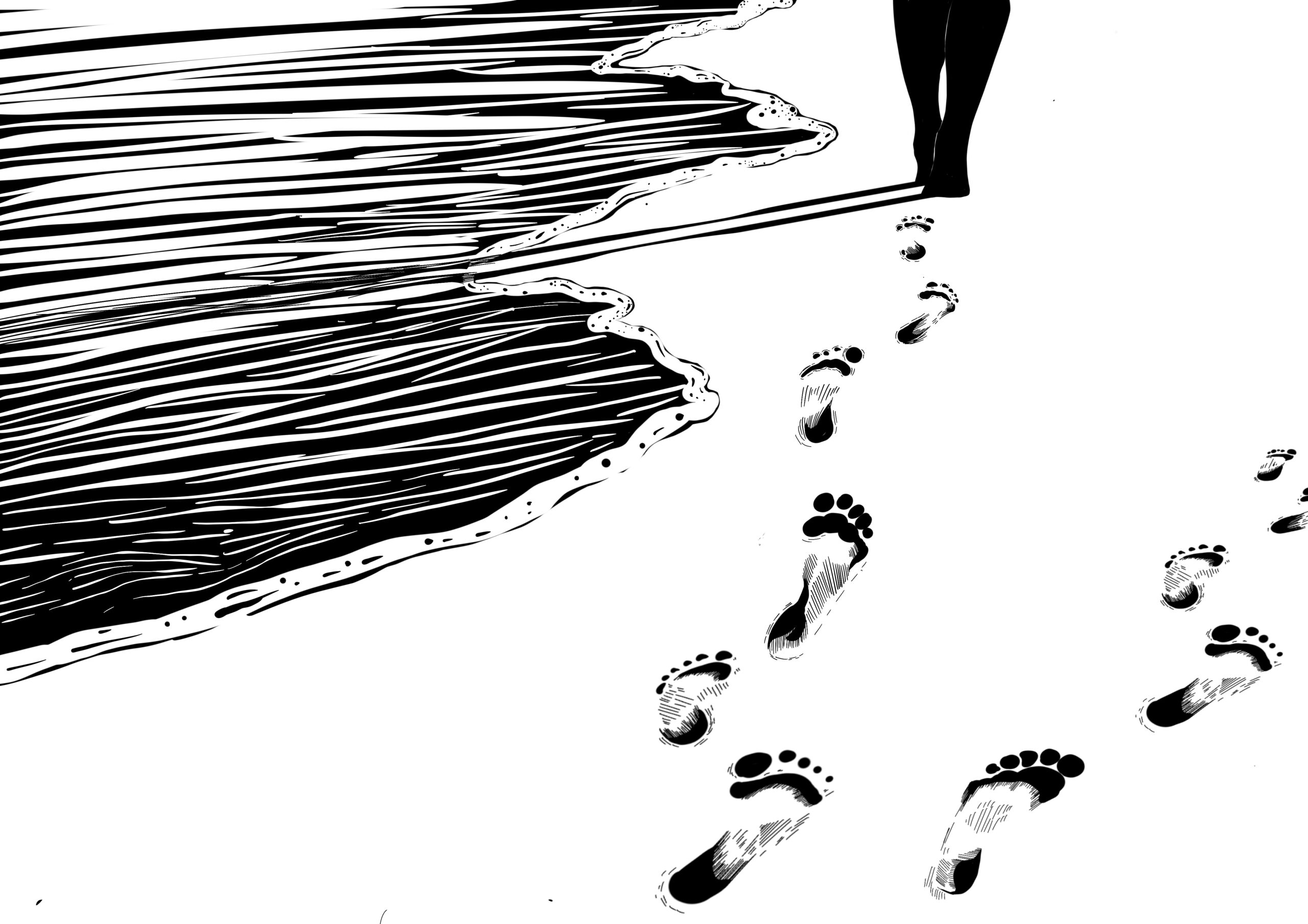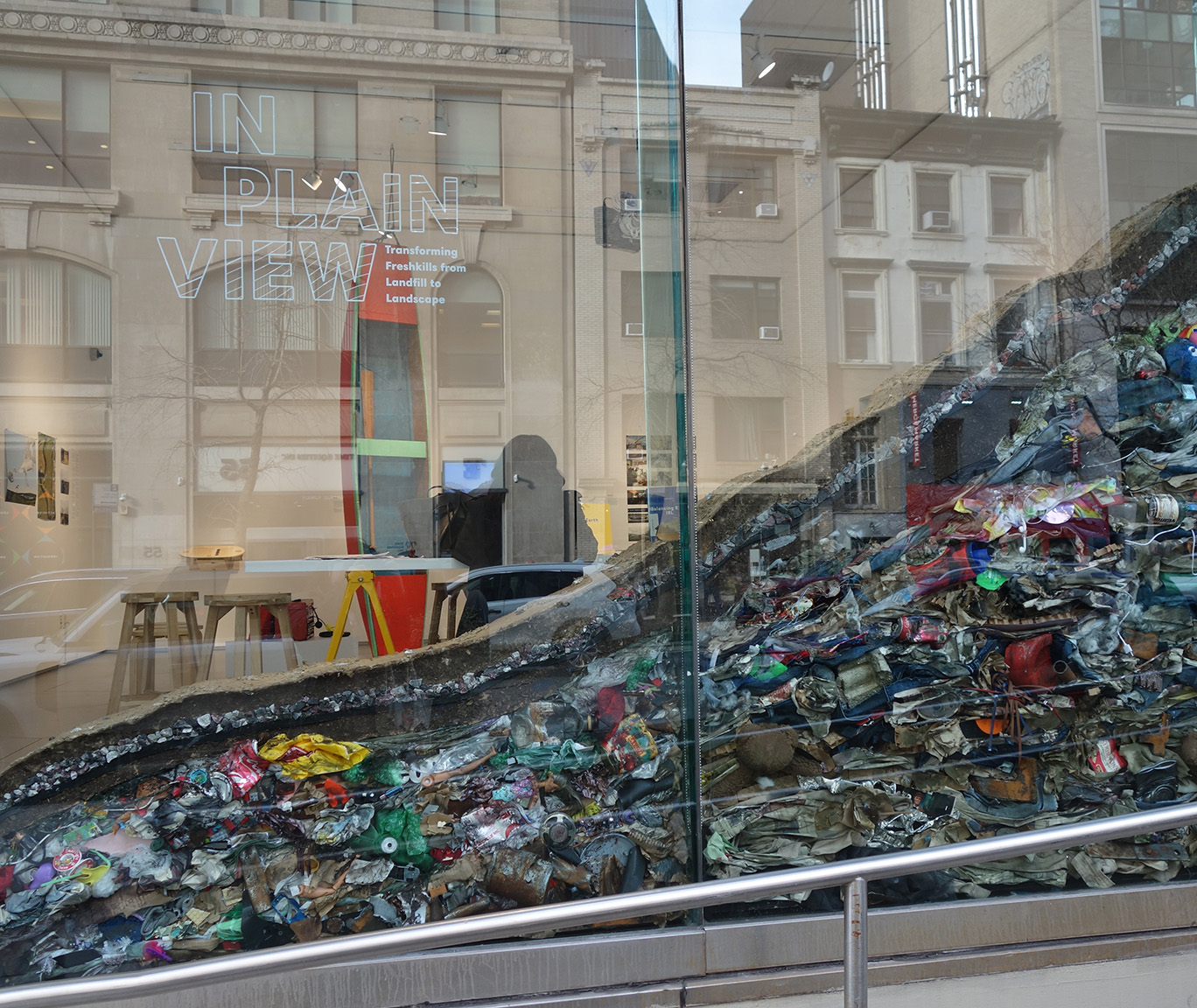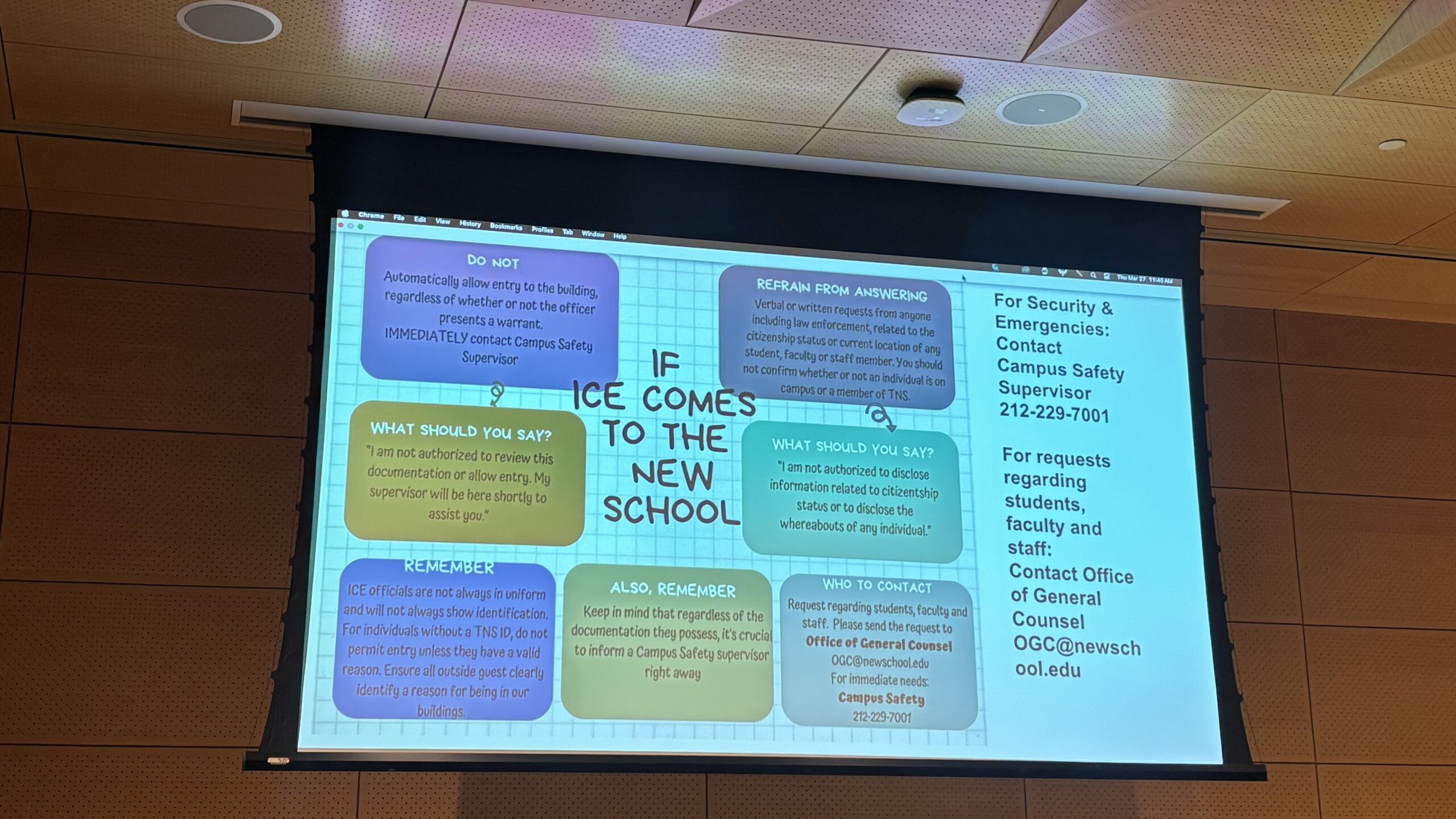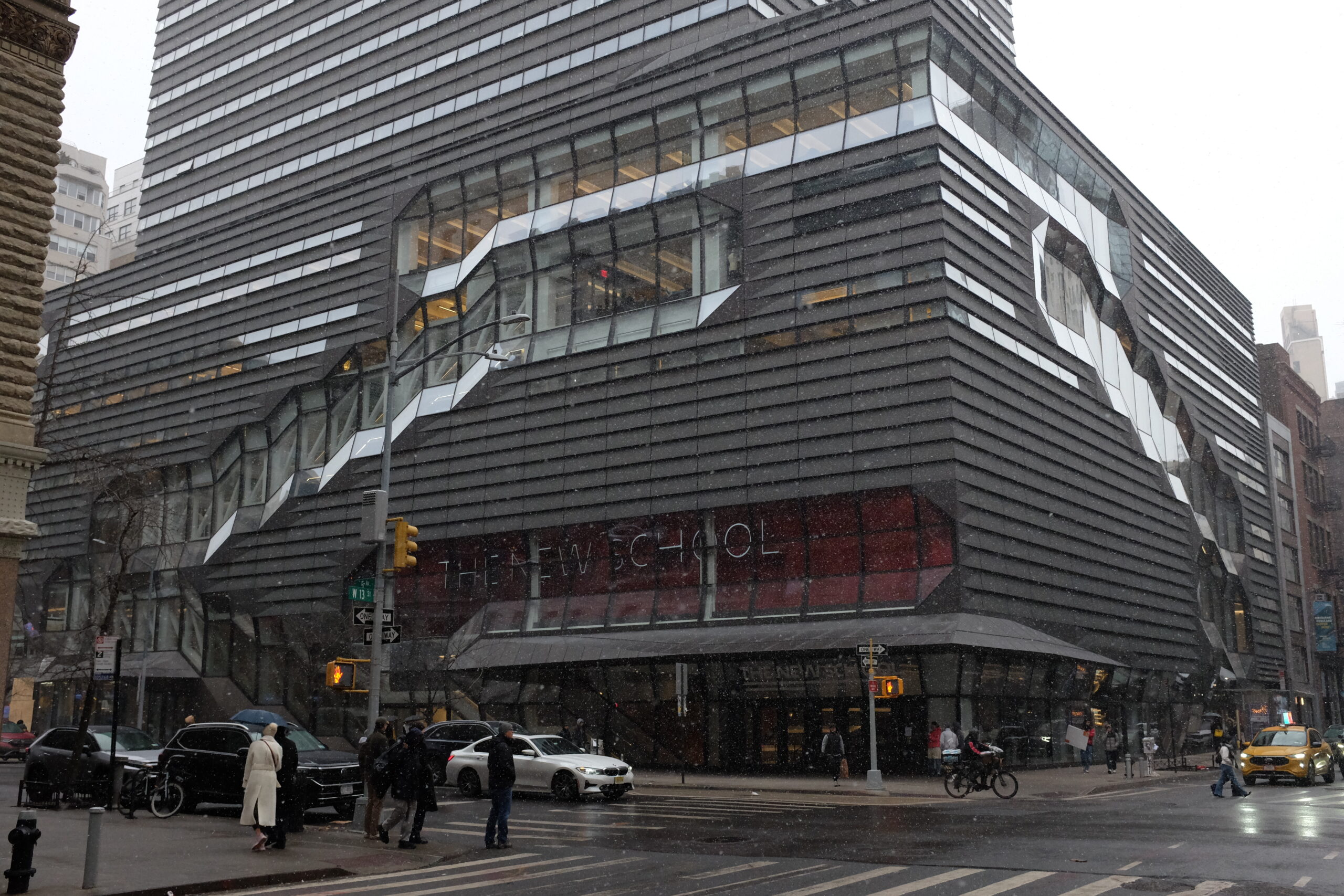“Presente”….
“Presente.” One by one, as their names are called by an officer standing in the front of a courtroom in Tucson, brown people with chained feet and hands stand and respond, “Presente.”
They are migrants who have been caught and detained crossing the border without documents. They are brought to Tucson to Homeland Security’s newest innovation: “Operation Streamline”, a procedure, which enables mass trials for those caught crossing the U.S./Mexico border. At Operation Streamline, migrants face criminal proceedings, which result not only in detention or deportation, but time served in prison for the criminal charge of “entry without inspection.”
They stand and proclaim “Presente” in-front of the white male judge. A powerful statement, if we consider the deeper context of the history that has led to the current criminalization of migrants crossing the Southwest border. They ARE “presente,” and for many of them, their ancestors have always been “ presente” on this land. Before there was any English or Spanish spoken here, before there was any Mexico or United States, or any border dividing the two and criminalizing them, their people were “presente” aqui.
We are two recent Lang alumni of the Global Studies department, who focused our senior thesis work on the battle for ethnic studies in Tucson, Arizona and undocumented youth activism. We spent the summer supporting three different movements in Arizona, because we recognized it as a place in which our work on indigeneity, colonization, the border and migration deeply intersect. Our experience confirmed the critical need to offer education on indigenous issues and to recognize and support undocumented students at The New School.
We first volunteered for No More Deaths/No Mas Muertes’ (NMD), a migrant support organization stationed in the desert near the border. We dropped food and water along frequently-crossed migrant trails. NMD’s presence is extremely important as it not only aids to save lives of those crossing, but also takes a stand against the militarization of the area by the border patrol who have retaliated against NMD’s presence by slashing water bottles left for those crossing.
Yet, the enforcement of “America” doesn’t end at the border. We traveled seventy miles north to Tucson where Xikano communities face another central feature of U.S. colonization in the United States: the banning of indigenous history on the basis that it is anti-American. The legislation of HB2281 reads verbatim that, “ All classes are forbidden from ‘promoting the overthrow of the United States Government’ (HB 2281, 2010). On December 30, 2010, Tom Horne, the Arizona Attorney General, declared that TUSDs’ La Raza studies programs were in violation of the new course restrictions.
The MAS program in Tucson taught the history of colonization in the Southwest, and engaged students to question how current systematic repression and criminalization of the Xikano community arises from this legacy. It taught the correlation between race, ethnicity, power and privilege within society. They did this by encouraging students to critically examine facets of our society, such as how the “drop out” or also referred to as “push out” rate of Xikano youth connects with the high incarceration rate of the population.
We supported the student youth and educators fighting to reinstate the MAS program, by joining “Tucson Freedom Summer”; a congregation of activists from across the country that gathered to support the movement for ethnic studies. We engaged in actions, rallies and community dialogues with teachers and the youth/student coalition, “UNIDOS”.
UNIDOS recently traveled to support those living on the Dine reservation in Northern AZ. On the Dine (Navajo) Reservation, elders are resisting forced relocation by uranium and coal mining corporations. This summer we also traveled to stay on the Dine Reservation to support an elder by helping him herd sheep and harvest corn fields.
We learned that through forcing the elders and their families off of their land, entire generations are being stripped of their cultural identities. They cannot maintain their traditional practices of an agricultural and sheep herding subsistence and spiritual practice, which both necessitate maintaining a relationship with the land they are being forced away from.
The violence endured by those with undocumented status who cross the imagined border into Arizona, the Xikano community in Tucson fighting for the right to learn about their history and culture, and the Dine elders in Black Mesa resisting forced relocation relay different aspects of the same colonial domination. As a result of the colonial conquest of Turtle Island, and its renaming “The United States”, indigenous populations have been an occupied people on this land for over five hundred years. Those in the state of Arizona are not only denied equality as immigrants, and as people of indigenous ancestry, but they are denied the right to learn this history of conquest and racist domination. These students are screaming that they ARE here, “presente” and that they must be heard.
As students of The Global Migration Group (GMG) and members of The New School, which lies on occupied Algonquin (“Lenape”) and Iroquois land, we must see those whose presence, whose histories, whose realities have for so long been denied. The New School must respond to the reality that there is an unquestionable lack of course offerings relating to indigenous issues in both North and South America, and the South Pacific at The New School. There is also a great need for classes which teach indigenous knowledge, philosophy and politics as a lens, and as a valid perspective through which to view the world, not just as an object to be learned about.
Currently, undocumented students do not have access to state and federal financial aid and this makes college unreachable for many students across the nation. Last year, President David Van Zandt publicly supported the NY state DREAM Act which would open state funding to undocumented students. Yet, The New School has not taken steps to establish a scholarship of its own.
As an institution, we have failed to recognize the indigeneity of this land, indigenous worldviews and perspectives of history, and certain immigration statuses in this country. Continuing to do so will not only impact those struggling for the right to exist in Arizona, but all those who are present yet made invisible by the practices of racism, colonization and domination across the globe.







Leave a Reply